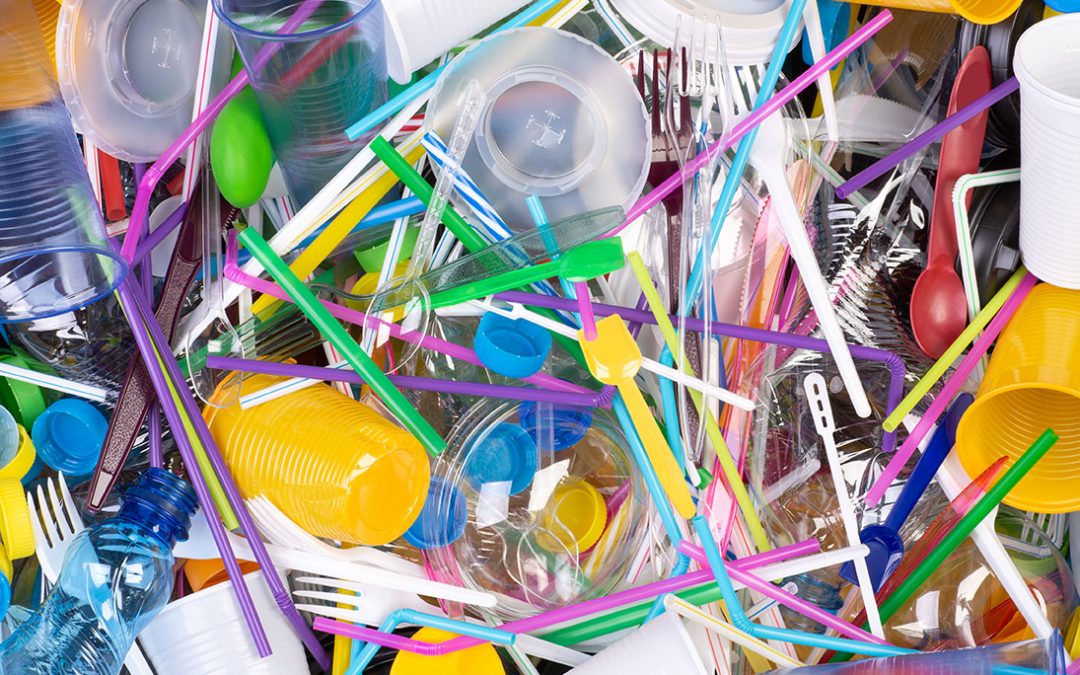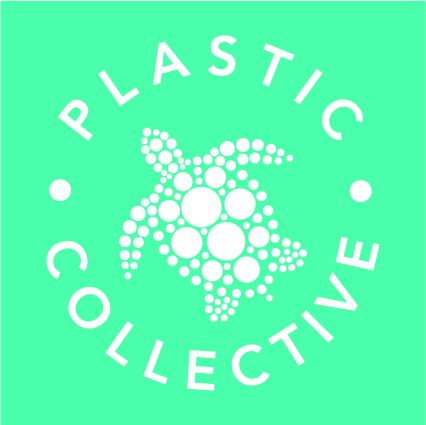When plastic was first introduced it was thought of as a miracle and flexible material but as the world has come to realize this material comes at a cost to the environment and health. Businesses have relied on plastic not only as one of the raw materials in the plastic products they manufacture but also as a packaging material.
While this convenience and cost efficiency has often previously outweighed other concerns with governments, organisations and consumers all aware of the problems that plastic consumption poses businesses are learning that adopting sustainable practices can be beneficial for a business in the long term.
One of the main issues that businesses need to address is how single use plastics is used within their businesses. This sort of plastic has the biggest issue since it comes at the highest environmental cost and requires waste disposal. While some plastics can be placed in the recycling bin by the consumer, often there is a large amount of plastic that could be recycled which ends up in landfill or as litter.
Here we explore some of the ways a business can benefit from reducing plastic waste.
Improve Brand Equity
Brands that are not seen to actively work on plastic packaging initiatives can loose a certain amount of positive brand equity with consumers who are increasingly becoming more interested in the lifecycle of plastic and sustainability in general. This is commonly known as conscious consumerism and it is becoming much more popular with many people actively altering their buying and spending habits.
Not only does this impact consumers but also has an influence on employees as people do not necessarily want to work for a company or organization that has poor environmental business practice.
Genuine green initiatives offer companies great PR and social media opportunities (as long as they avoid cynical green washing campaigns) and this can pay dividends on a company’s bottom line.
Reduce Waste Costs
For businesses plastic use can take many different forms. The obvious forms of plastic use include retailers selling plastic products, to manufacturers using plastic in the build of the products they make. However, there are many ways that plastic can be used covering a multitude of different business processes.
Even simple changes from using single-use plastic to reusable in the staff canteen or switching from plastic packaging to something that is recyclable, reusable or compostable can often be done in a way that can save money on the bottom line for the business.
Single use plastic costs add up quickly and it is a great idea to work with stakeholders within a business to look at ways that plastic consumption can be used. This can help on dealing with the cost of plastic waste disposal which can be expensive.
Protect The Business From Change
Changing the way a business operates can be time consuming, costly and difficult but is even more so when forced to do so either by governmental policy, taxes or legislation. With governments setting targets for climate change and the environment, many companies will eventually have to face adapting the way they operate and how they use plastic or ultimately pay a heavy cost and burden when forced to.
For any organization it is better to plan ahead and adapt to change ahead of time- even if that might incur added expenses and costs in the short term.
Avoid Plastic Litigation
Plastic litigation is on the rise – this is where companies are taken to court over plastic pollution. Plastic manufacturing is a cause of greenhouse emissions and climate change and those companies that are the biggest users of plastic, such as ‘big food and beverage’ companies are opening themselves up to plastic litigation. Recently Coca Cola and Pepsi Co have been sued over the pollution caused by their plastic bottles
While legacy pollution is something a company can’t retrospectively protect themselves against, they can adapt to the current green and circular economy initiatives and future proof themselves against damaging litigation that can cost the company a lot of money in pay outs but also a loss of consumer faith in the brand.
With the millions of tonnes of plastic that has entered the ocean and environment and the issues surrounding plastics and microplastics on the health of both animals and humans the likelihood of future plastic litigation is only likely to increase. Therefore companies need to get ahead of the issues and demonstrate a commitment to changing their polluting business practices for the better.
Improve the Value of the Business With Shareholders
When a company is listed on a stock exchange the value of that company by the shareholders and investors are taken into consideration as a whole. Often the price of a business is based on the total assets of that company but also on potential challenges and issues that might arise. While the future of plastic legislation is unknown, many investors are factoring in that there may be issues that businesses will need to deal with in the future.
Take for example how the ban on plastic straws affected the supply chain and performance of some companies while improving the potential market for those firms that produced paper equivalents. A similar process occurred in markets where single use plastic bags were, if not banned, were discouraged from use and supported plastic waste reduction.
These factors can have a negative impact on the company’s share price if they are not seen to be addressing these concerns and issues. Ensuring that a company is tackling their supply chain, the environmental friendliness of the products and services they offer, while having targets for reducing their carbon footprint or greenhouse gas emissions are all ways that they can also ensure that investors see the company as a long term prospect and not one that has an unstable future.
Support Creating a Sustainable Future
One final reason for a business to tackle the impact plastic waste has on ecosystems is because it is the right thing to do. All companies, consumers and countries need to work together to create a sustainable future and change our lifestyles to support the reduction of carbon emissions by alleviating our reliance on fossil fuels and also to support the reduction of the tons of plastic that are entering the environment.
With the support of businesses moving to recyclable plastics and better waste management, along with supporting the reduction of single use new plastic the future of the planet is going to secured for ourselves and subsequent generations. Ultimately natural resource are finite and the faster we move towards a sustainable future will be better for consumers and businesses alike.
Find out more about Plastic Collective and get the latest news about Plastic recycling, microplastics and the effects of climate change, by subscribing to the Plastic Collective newsletter.


